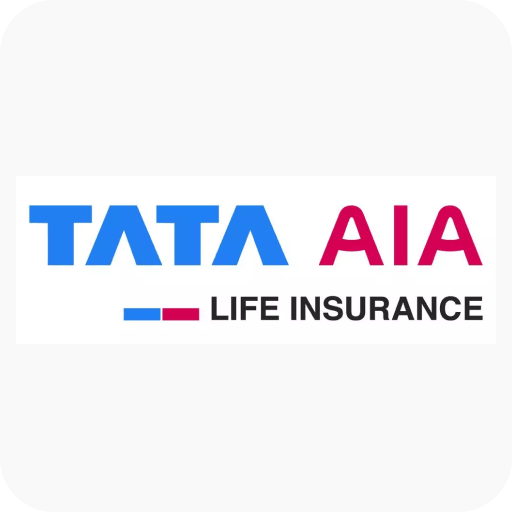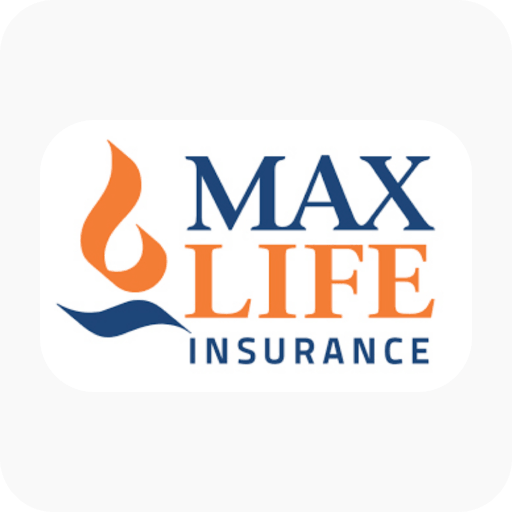Introduction
In principle, term insurance comparisons should be relatively straightforward. It’s a commodity after all. The insurance company is expected to pay a certain sum to the nominees in the event the policyholder passes away. And there isn’t any room for confusion either since death is final in most cases. However, in reality, it can be extremely complicated considering the number of life insurance companies plying their trade in India and the variety of features and add-ons they market alongside their term insurance product.
So to fully understand the difference between two term insurance products we have to be nuanced in our approach and we have to set some ground rules.
For starters, both policies, SRS Vitality and Smart Secure Plus are marketed by different insurance companies. SRS Vitality is marketed by TATA AIA and Smart Secure Plus is marketed by Max Life. So even before we compare the products, we must evaluate the insurers first.
Second, we have to look at pricing. Unfortunately, we cannot capture this data fully considering the final price can depend on many factors including your age, location, smoking habits etc. This means we are limiting our comparison in some ways and it isn’t a perfect evaluation.
Finally, it’s important to talk to an actual advisor before you make up your mind. So we recommend booking a call with us before you go ahead.
And with that introduction out of the way, we can get to comparing the actual policies themselves.

Talk to IRDAI-certified experts
If you’re looking to understand your current policy or buy a new one, you can talk to an expert for FREE by clicking here. Book a call now, limited slots only!
Insurer Comparison

Claim settlement ratio is perhaps the most important metric you should be looking at considering it tells you how many claims an insurance company pays out for every 100 claims they receive. When you average the claim settlement numbers for 3 years and express it as a percentage, you will see that TATA AIA has a claim settlement ratio of 98.53% and Max Life has a claim settlement ratio of 99.4%. And even though there’s a slight difference, these are both very good numbers. So there’s nothing to complain here.

Sometimes you can’t just look at the claim settlement ratio because it can be misleading. For instance, imagine 9 people make claims worth 1 crore each and the 10th person makes a claim totalling 5 crores. The company can simply pay out the smaller claims of 1 crore each and deny the bigger 5 crore claim and still maintain a claim settlement ratio of 90%. So you will need to look at the total amount settled as a percentage of the total value claimed. And when you average this number for 3 years and express it as a percentage, you will see that TATA AIA has an amount settlement ratio of 92.7% and Max Life has a amount settlement ratio of 95.5%. These are both pretty good numbers even though there’s a slight difference.

While it’s important to look at the claim and amount settlement ratios, it’s also important to look at the scale of business. Because truth be told, it’s very easy to post 90%+ settlement numbers when you are selling only a few thousand policies and garnering a few hundred crores in premiums as opposed to putting up the same performance while selling hundreds of thousands of policies doing tens of thousands of crores in new business. So it’s important to look at the scale of the business. And when you consider total premiums generated across the last three years and average it across, you will see that TATA AIA has generated new business premiums worth ₹6,014 Crore and Max Life has generated new business premiums worth ₹7,897 Crore. Both these numbers indicate that they are medium-sized insurers. So there’s not a lot of difference here.
Feature Comparison

If you’re ever diagnosed with a debilitating illness, you would want your insurance policy to pay a fixed sum so that you can deal with any monetary obligations you may have. This is called a critical illness benefit. And with the two policies in question, it seemsSmart Secure Plus extends a critical illness rider while SRS Vitality doesn’t extend this option.

Some insurers will return all your premiums if you forego your policy before maturity, during a period specified by the insurer. In essence, you get all your premiums back, while also being protected under the term plan during this time. And it seems Smart Secure Plus extends a zero-cost option, while SRS Vitality doesn’t offer this benefit.

Smart Secure Plus waives off all future premium payments if you are ever disabled (in an accident) or diagnosed with certain critical illnesses, while SRS Vitality offers no such benefit.

Some policies offer you the option of adding extra protection for accidental deaths. In which case, you get the option of choosing your death and accidental death cover separately. And while we recommend customers choose a comprehensive cover without worrying about the specifics of death precisely, you should find comfort in the fact that both policies extend this option anyway.


Total Permanent Disability
Some policies offer you a monthly income or a large lumpsum in the event you are disabled totally for life. And in this case, both policies have made this option available.

Some policies will disburse the entire cover amount the moment you are diagnosed with a terminal illness. So even in the absence of death, you can still get the money and use it any way you wish. In this case however, both policies extend the terminal illness benefit.

Some policies automatically increase your cover by a certain amount (usually inflation) to always provide you with the necessary protection. And while Smart Secure Plus extends this option, SRS Vitality doesn’t.

Some policies extend the option of increasing your total term cover(by a certain margin) even after you buy the policy. However, in this instance, Smart Secure Plus makes this option available (although this may entail certain conditions), while SRS Vitality does not offer this benefit whatsoever.
Final Conclusion
After evaluating the insurer’s profile, their claim settlement numbers and the individual policy features, we believe Smart Secure Plus is a clearly better alternative when compared to SRS Vitality.



